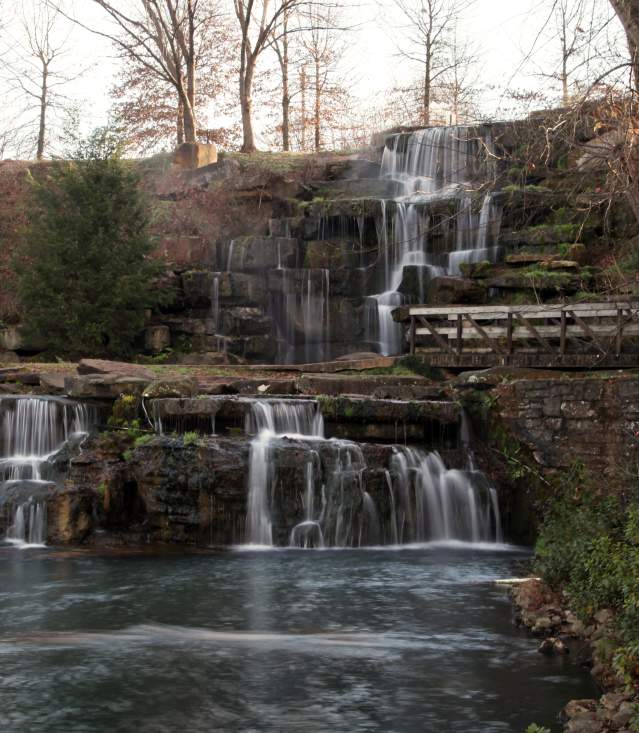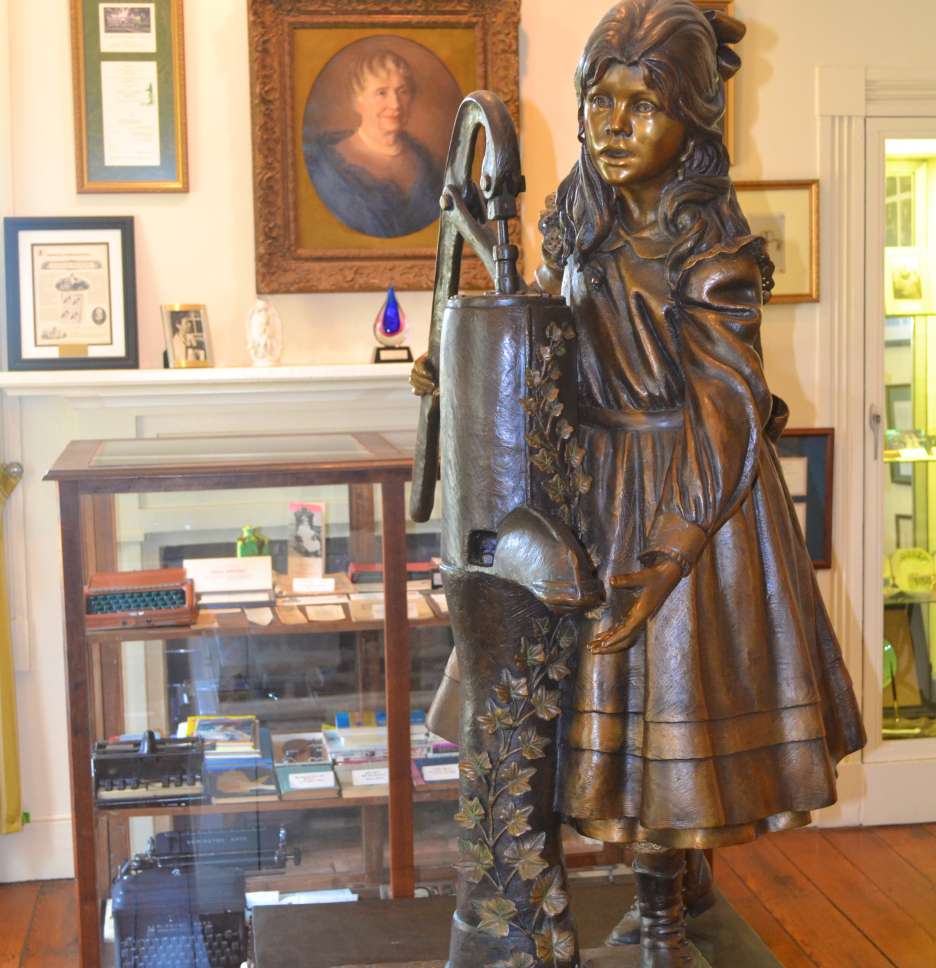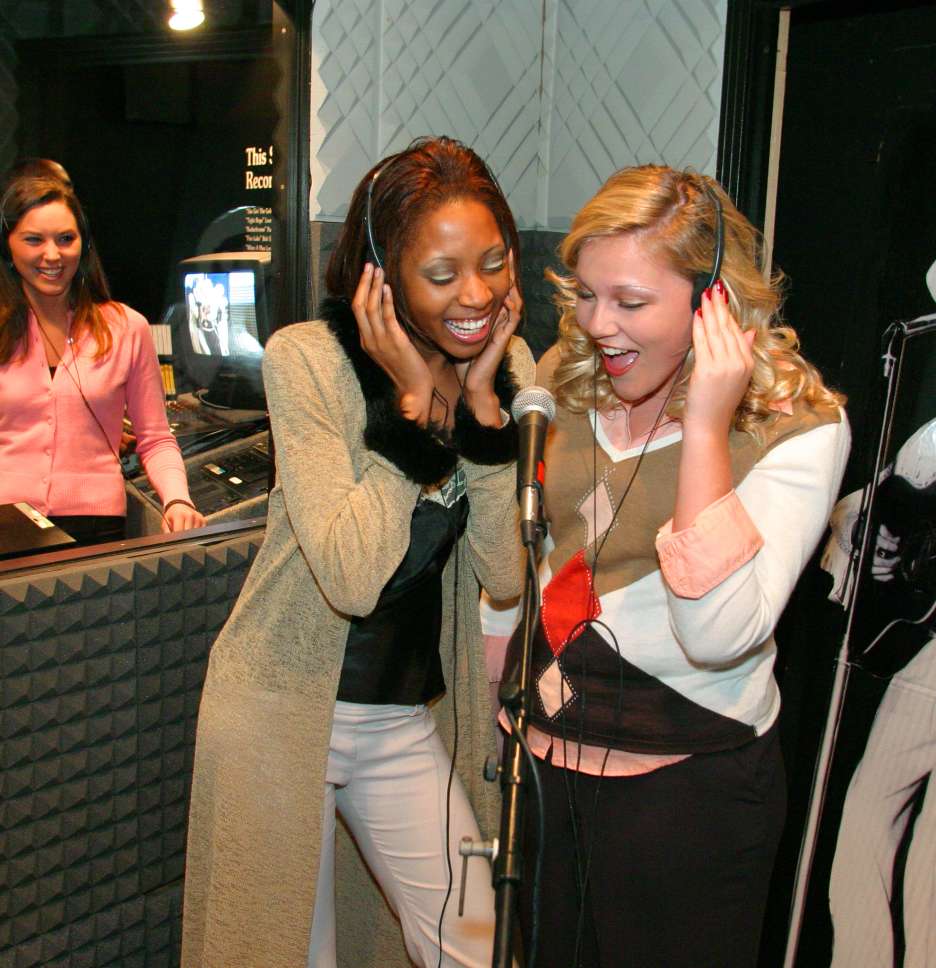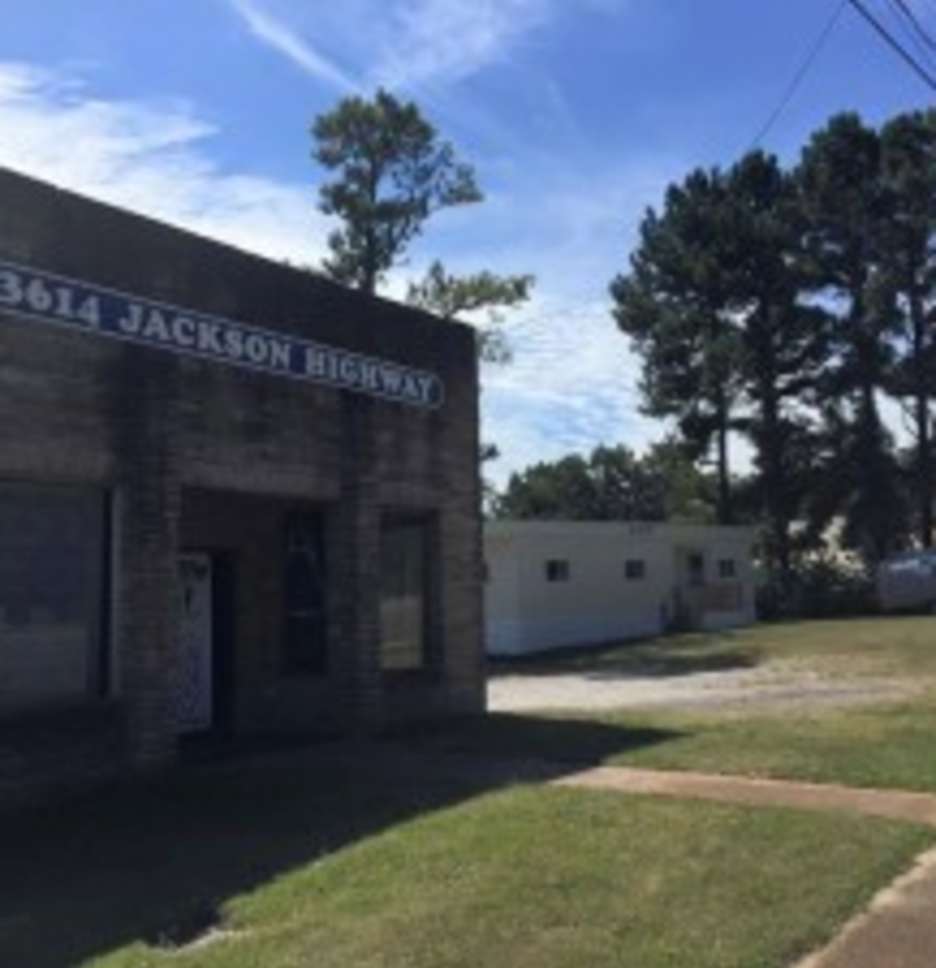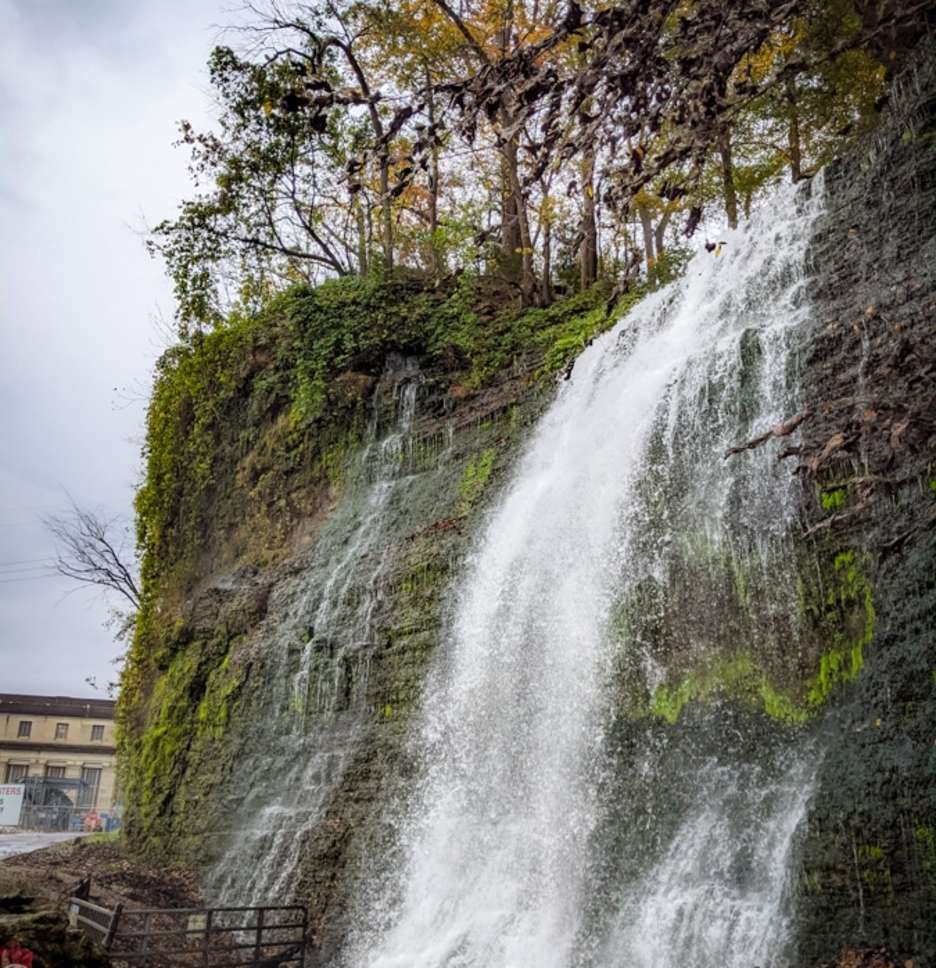Waterfalls in North Alabama
North Alabama is called the “land of a thousand waterfalls,” and you’ll know why when you visit. Because of the Tennessee River and its tributaries, waterfalls can be found all over the region. Bankhead National Forest is home to the majority of these majestic falls throughout the forest.
The Singing River Waterfalls
The Singin’ River Trio of waterfalls in the Shoals area can be found nestled deep in Cane Creek Canyon, Spring Park, and at TVA’s Wilson Dam. On the northeast side of the region, you’ll find two of the most visited waterfalls in our region: DeSoto Falls and Little River Falls. Both of these waterfalls are quite breathtaking when they’re at full flow. Noccalula Falls in Gadsden is gorgeous and steeped in rich Native American history. There’s also a trail you can hike that takes you behind this iconic waterfall. Visit these waterfalls to find your favorite!
Coldwater Falls is the centerpiece of the beautiful Spring Park in Tuscumbia. The falls is a man-made waterfall that is constructed with over 2,000 tons of sandstone. It stretches 80 feet wide and is 42 feet tall. Each day over 4.3 million gallons of water flow over the falls.
Wilson Dam waterfall is on a high rock wall adjacent to Wilson Dam on the south bank. Small feeder creeks run through the natural area and create this waterfall on an adjacent cliff wall.
1. Spring Park
Provides the perfect atmosphere to enjoy a family picnic with playground and children’s amusements, including a train, carousel, roller coaster, and splash pad. Food vendors and restaurant dining available in the park. Open daily, year round.
Helen Keller Birthplace
- Location: 300 North Commons W Tuscumbia, AL 35674
- Phone: (256) 383-4066
- http://www.helenkellerbirthplace.org
2. Helen Keller Home, Gardens and Museum
Located just a couple miles from Spring Park. The plantation home and birthplace cottage, dating back to the 1820’s are listed on the National Historic Register of Historic Places. Original furnishings of the Keller family decorate the home and museum, highlighted by hundreds of Miss Keller’s personal mementos, books, and gifts from her lifetime of travel and lectures for the betterment of the world’s blind and deaf-blind.
Alabama Music Hall of Fame
- Location: 617 Hwy. 72 W. Tuscumbia, AL 35674
- Phone: (256) 381-4417
- http://www.alamhof.org
3. Alabama Music Hall of Fame
Honors the outstanding achievements and the music of Alabamians. You’ll hear rocking rhythms and soul touching melodies as you admire the vast memorabilia from the lives and careers of more than 1,000 stars, representing all styles of America’s music.
4. FAME Recording Studios
Established in 1959, was the first successful, professional recording studio in Alabama. Arthur Alexander’s 1961 hit, “You Better Move On,” cut here, launched the famous Muscle Shoals sound. The internationally acclaimed documentary, Muscle Shoals released in 2013, told the story of FAME and its founder, Rick Hall.
Muscle Shoals Sound Studio
- Location: 3614 Jackson Hwy Sheffield, AL 35660
- Phone: (256) 978-5151
- http://muscleshoalssoundstudio.org
5. Muscle Shoals Sound Studio
Established in 1969 by a group of former FAME session musicians, this was the location where the Rolling Stones, Cher, Bob Segar, Rod Stewart, Paul Simon, Art Garfunkle, and many others created some of the most popular hits of the 1970’s. The rhythm section was eventually immortalized as “The Swampers” by Lynyrd Skynyrd in the lyrics to “Sweet Home Alabama.”
6. Cypress Moon Studios
Founded in 1978, was the second location of the legendary Muscle Shoals Sound Studio for over 25 years, where the “Swampers” continued to record hits after moving from their Jackson Highway location. Recording artists including Bob Segar, Bob Dylan, Lynyrd Skynyrd, Dr. Hook, Etta James, Clarence Carter, Julian Lennon, Glenn Frey, and countless others.
7. Tuscumbia Railway Depot & Museum
A 1888 restored passenger depot that was utilized by both the Memphis and Charleston and Southern Railway companies. Today, it is a museum dedicated to its memorabilia. Tuscumbia boasts the first railroad west of the Appalachian Mountains.
8. Wilson Dam Falls
Boasts one of the highest, single-lift locks in the world. Construction on the dam began during World War I, TVA was created in 1933. The lock is accessible to visitors Fridays, Saturdays, Sundays, and federal holidays from 7 a.m. to 7 p.m. throughout the year. Wheelchair accessible.
A Walk in the Park
Named after a Creek Indian princess, Noccalula Falls stands 90 feet tall and is one of the most visited natural…
Covered Bridge Trail to Mardis Mill Falls
Mardis Mill Falls is located on Grave’s Creek which feeds into The Black Warrior / Locust Fork River. The falls…
National Forest Waterfall Adventure
Turkey Foot Falls is within a 30-minute walk from the Sipsey River Picnic Grounds and Recreation Area, the main…
Waterfall Trio on Lookout Mountain
Little River Falls is located at the north end of Little River Canyon National Preserve and is one of…
Outdoor Adventure
Our lakes are full of natural beauty.
